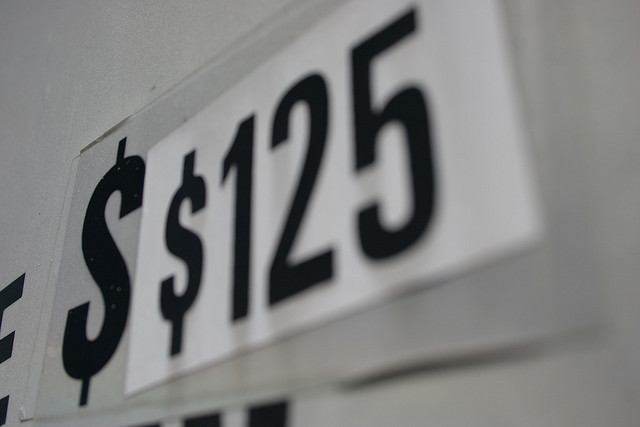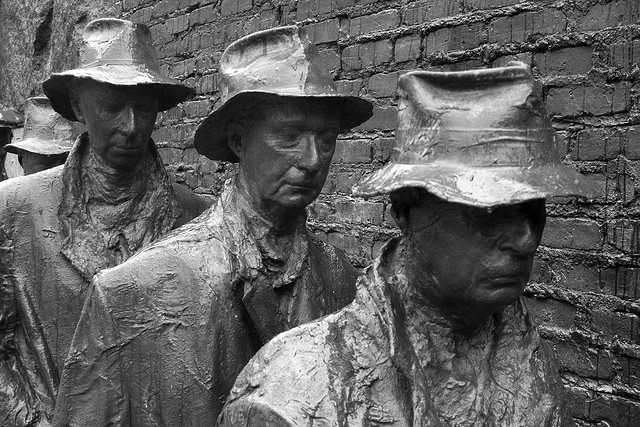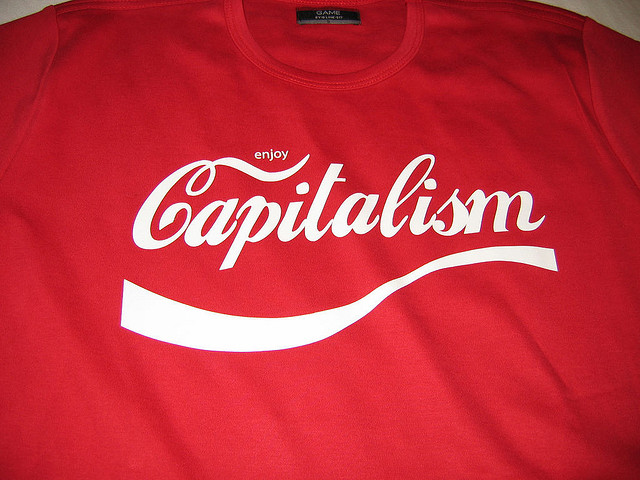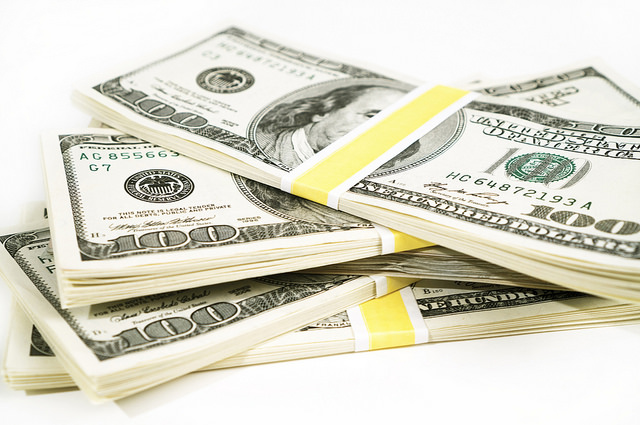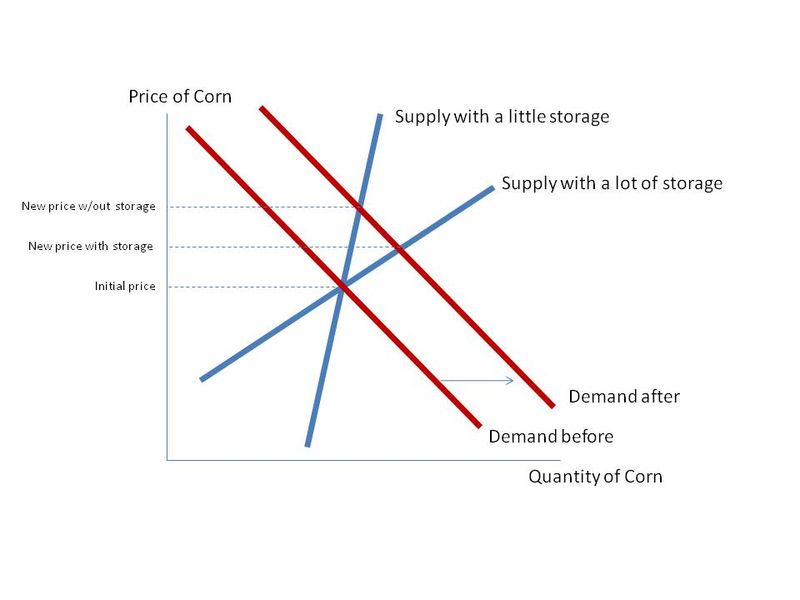Is Price Gouging Fair?
We hear about it all the time. After a natural disaster, or during times of civil unrest such that transpired recently in Ferguson, businesses price gouge items in high demand. Water or a ride away from a dangerous area become expensive commodities. The instinct is to chastise such actions as immoral and selfish. But a closer look of the economics of price gouging actually proves it to be very beneficial.
First, price increases deter people from overstocking supplies. Often people will buy extra water, food, or supplies, just in case they need it. When prices shoot up due to increased demand, it actually discourages people from buying more than they really need. This allows more people access to supplies or services in times of need.
In the same way, price surges encourage people to conserve the supplies they already have. If water becomes expensive, using it to dye your hair may not make the priority list. In this way, price gouging encourages people to use less and thus enables more people to have access to scarce resources.
But should businesses be allowed to profit off of people’s suffering?
Added profit incentive encourages businesses to create reserve stocks of products. Storing products is costly, there is not motivation for businesses to have warehouses full of extra water or toilet paper if they won’t have the chance to raise prices on it when the market allows. Instead, if price gouging wasn’t allowed, businesses would only produce what was needed at any time, and wouldn’t store excess. Then when emergency struck, businesses wouldn’t have the supplies necessary.
Profit also provides incentive for outside businesses and individuals to bring supplies into dangerous disaster areas or locations of civil unrest. Without the extra profit incentive, people would not be willing to risk their own safety to get the necessary provisions into areas of need. Volunteerism is excellent, and America has always been good at responding to communities in need. But it is not enough, companies are needed to provide supplies and services that facilitate the work of volunteers. Someone has to provide the water and food volunteers hand out, for example. Providing for the needs of hundreds, thousands, or millions of people requires a lot of money. The only way to get the goods and services needed is to incentivize the market.
People who propose that we regulate pricing in disaster areas are actually unwittingly supporting a policy that would de-incentivize the market and thus leave people in disaster areas sorely short of basic needs. Instead, allowing the market to determine the value of a good or service at any particular time, allows for basic needs to be met while properly rewarding those who take steps to prepare and risks to deliver additional goods when they are needed.

